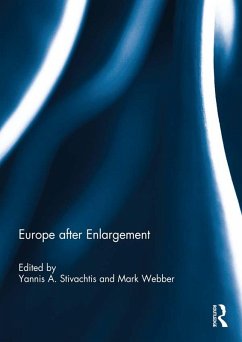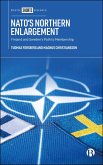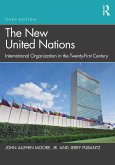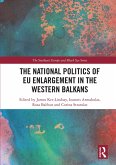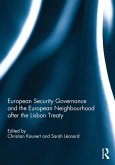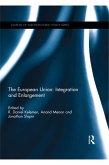The enlargement of European-based organisations has reached a near terminal point. The Council of Europe and the Organisation for Security and Cooperation in Europe (OSCE) currently cover virtually all states of Europe (Belarus still remains excluded from the first of these). The EU and NATO have experienced extensive processes of enlargement and the scope for continuing enlargement is now limited largely to the Balkans and the European neutrals. Given this state of affairs it is now pertinent to think of a Europe characterised not by enlargement but by post-enlargement.
In International Relations (IR) conceptual thinking on Europe (as opposed just to the EU) has been undertaken using a range of scholarly tools. In this volume, attention to Europe proceeds from English School (ES) thinking, and specifically its three-fold distinction between international system, international society and world society. It is the international society element (the development/institutionalisation of shared interests and identities buttressed by rules and norms) which signifies in their most concrete form different patterns of interaction or integration between states.
This book will be of interest to international relations scholars, as well as practitioners within the European Union and other intergovernmental institutions.
It was published as a special issue of the Journal of European Integration.
In International Relations (IR) conceptual thinking on Europe (as opposed just to the EU) has been undertaken using a range of scholarly tools. In this volume, attention to Europe proceeds from English School (ES) thinking, and specifically its three-fold distinction between international system, international society and world society. It is the international society element (the development/institutionalisation of shared interests and identities buttressed by rules and norms) which signifies in their most concrete form different patterns of interaction or integration between states.
This book will be of interest to international relations scholars, as well as practitioners within the European Union and other intergovernmental institutions.
It was published as a special issue of the Journal of European Integration.
Dieser Download kann aus rechtlichen Gründen nur mit Rechnungsadresse in A, B, BG, CY, CZ, D, DK, EW, E, FIN, F, GR, HR, H, IRL, I, LT, L, LR, M, NL, PL, P, R, S, SLO, SK ausgeliefert werden.

